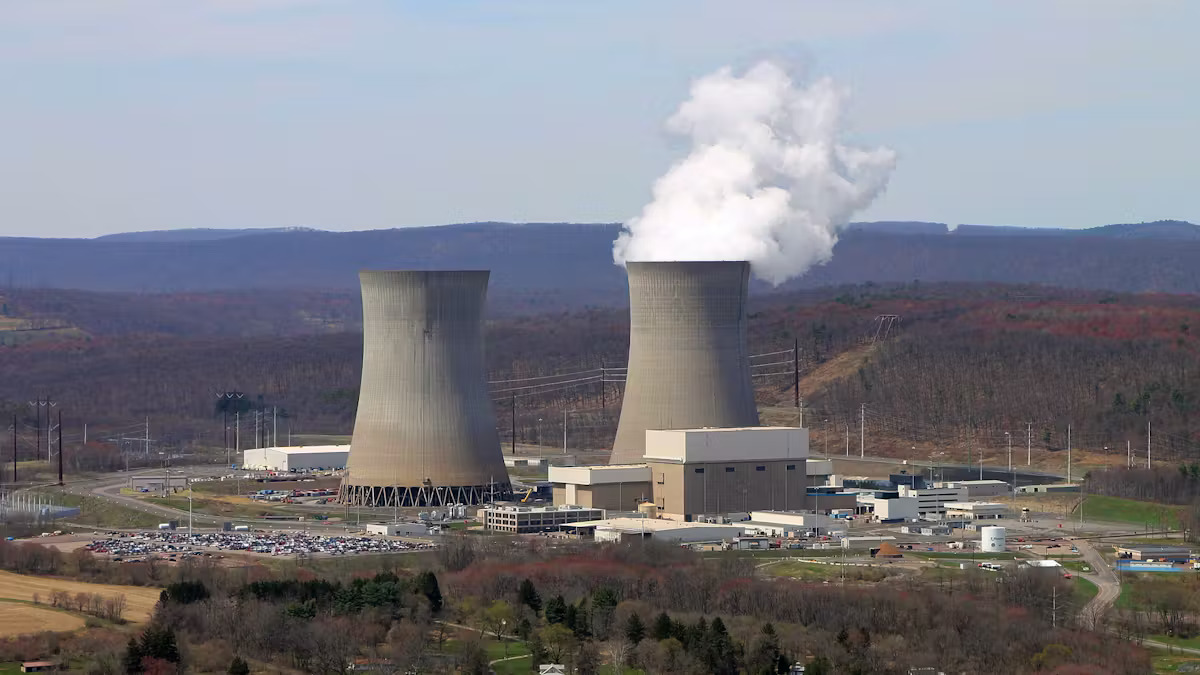Recently, the Wall Street Journal reported that many nuclear power plants are exploring partnerships with tech companies to power new data centers. Goldman Sachs projects that AI will significantly increase data center power usage by 160% by 2030, which could more than double current carbon dioxide emissions.
Training AI models is becoming increasingly costly, raising concerns about the sustainability of AI’s growth.
At VB Transform 2024, a panel discussed these issues, led by Hyunjun Park of CATALOG. Panelists included experts from IBM, AWS, and Hewlett Packard Labs. They highlighted the looming financial and environmental costs associated with training AI models, noting that by 2030, these costs might exceed the U.S. GDP and worldwide IT spending.

Bresniker emphasized the need for immediate action to address these sustainability and equity issues, arguing that unsustainable practices inherently create inequities. Corporations like AWS are working on solutions such as using alternative fuels, improving cooling technologies, and developing more efficient chips to reduce their carbon footprint and costs.
Quantum computing was discussed as a potential solution. Dr. Jamie Garcia from IBM highlighted how quantum computing might offer resource savings and speed benefits for AI. However, significant infrastructure and research challenges remain before quantum computing can be widely implemented.
The panel concluded that transparency and choice are crucial. Companies need to be transparent about the true costs and impacts of their technologies.
Roberts suggested that choosing the right technologies and optimizing their use could help mitigate resource consumption. Bresniker warned that without such measures, the industry might face a hard ceiling on growth due to unsustainable practices.
